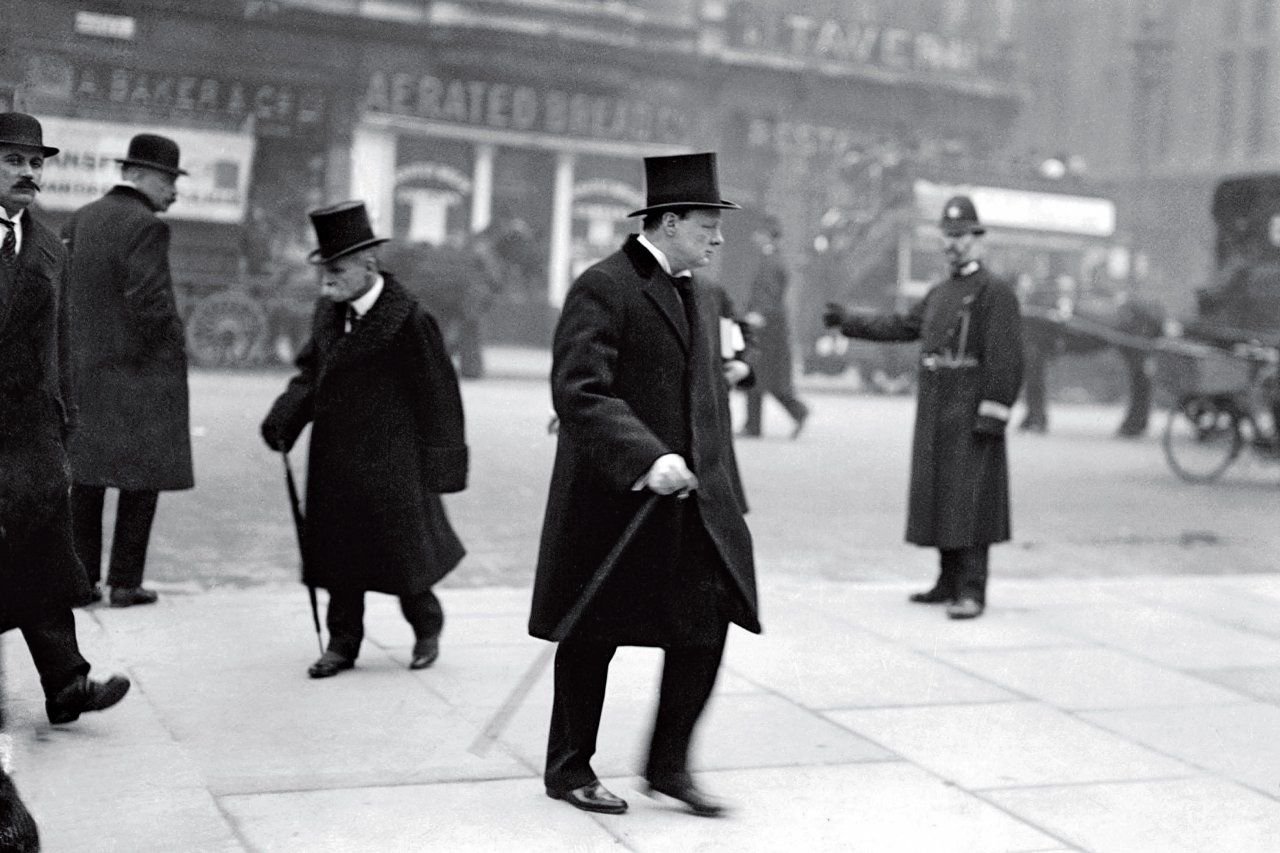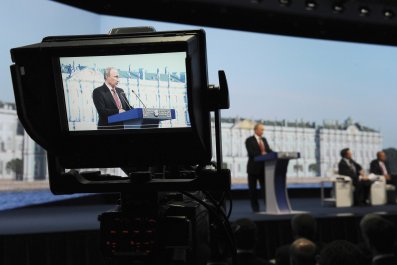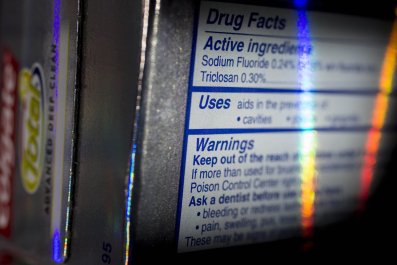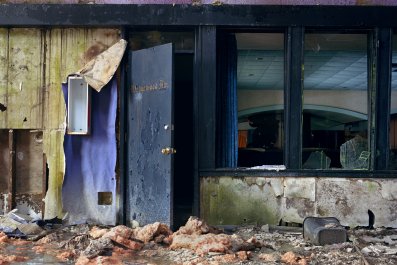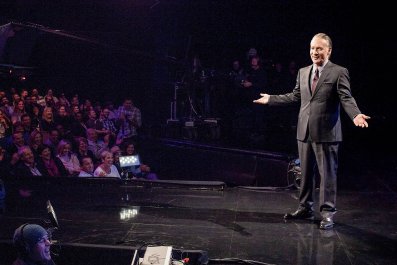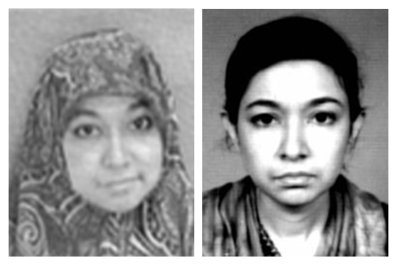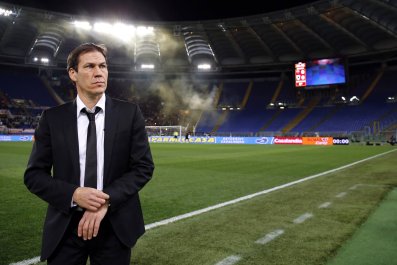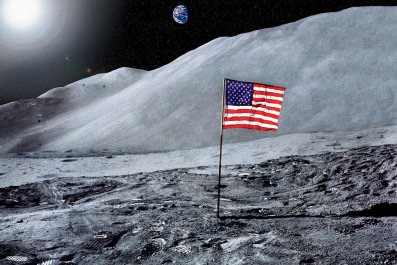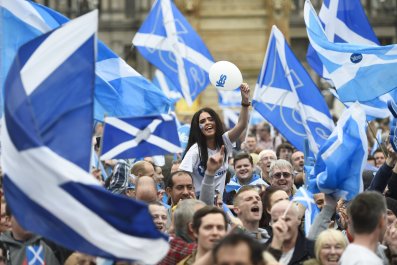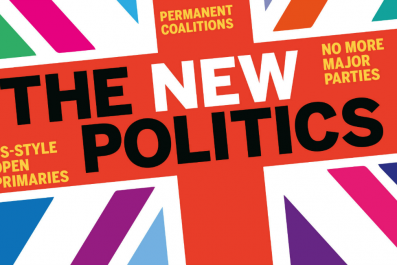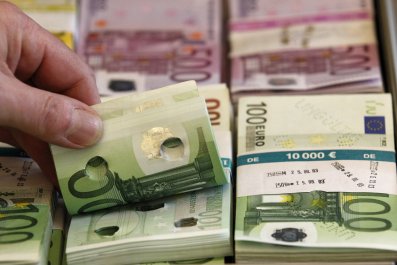Through the medium of our political editor, Newsweek invited Sir Winston Churchill to review the new book about him by Boris Johnson. Unable to find a copy, Sir Winston instead dictated this remarkable letter to the London mayor, bursting with pithy advice about ambition, enemies and champagne.
My dear Boris, I gather you have written a book about me, entitled The Churchill Factor. You have not yet seen fit to send me a copy, so I cannot tell whether you have done justice to this admirable theme. But your statement before you began work that "one man can make all the difference" rouses in me feelings of the warmest concurrence.
You were born in 1964, the year before I died, and I should like, if I may, to offer you a few words of advice on how you too can make all the difference. Do not allow yourself to become downhearted by the thought that, at the age of 50, when I had just entered as Chancellor of the Exchequer on my eighth Cabinet post, you have risen no higher than Mayor of London.
Your hour may be at hand. With your selection as Conservative candidate in Uxbridge and South Ruislip, you have declared your intention, subject to the electors' verdict, to return to the House of Commons, the greatest deliberative assembly mankind has ever known, at a moment when our nation is in peril.
Venerable structures – the Union of England and Scotland, the two-party system – long neglected by those who should have cherished and defended them, dissolve into dust. A new architecture is required, designed by a new architect. But no one yet sees a statesman with the freedom from worn-out methods, the boldness of conception, the magnanimity of spirit, to bring this new world into being. The public senses already that you have greatness in you. It does not sense this about David Cameron: whatever his merits, he is too anxious to abase himself, and make a pretended commitment to modernity, to carry conviction as leader. His decision to resign from White's club, of which his father was chairman, betrayed a craven lack of filial spirit.
Ed Miliband, the Leader of Her Majesty's Opposition, falls like Cameron beneath the level of events. He might be a useful adviser. He has not the substance for high command, and his defeat of his brother betrayed a shameless lack of fraternal spirit.
You yourself evince a desire to show how reliable you are. But you must not allow your ambitions to be confined by the small-spirited men who run your party, and are found in charge of all party organisations: the careerists who believe that slavish obedience to instructions issued by headquarters is the first rule of politics. You are a national leader or you are nothing.
Already you have demonstrated, on the municipal stage, that you possess to a unique degree the ability to command the support, and even the affection, not only of Conservatives, but of Liberals and even of Socialists. Your destiny is to inspire all those who believe in the greatness of our nation, and in the wider confederation of English-speaking peoples beyond the seas.
When you return to the Commons, you will encounter muttered envy of your popularity, and hurtful suggestions that you are a buffoon, who can never be entrusted with high office. I myself was treated, when I warned of the perils and dangers of the 1930s, as a madman and a troublemaker who drank too much and could never be permitted to return to high office.
Do not allow your equilibrium to be disturbed by these insinuations of the second rate. And you must on no account reduce your consumption of champagne and spirits in order to placate your critics. That would be a fatal sign of weakness. I have, as you know, taken more out of alcohol than alcohol has taken out of me. Let that be your motto. If you feel the need to modernise, drink more champagne, a wine I understand that Cameron, with a cowardliness of barely credible proportions, has forbidden his colleagues to drink at the Conservative Party conference: an edict which recalls the darkest days of Prohibition in the United States, and will be just as counter-productive.
You may recall that between the wars, Neville Chamberlain described me, in a letter to a friend, as "a brilliant, wayward child". We know now whose reputation stands higher. He, poor deluded man, was exposed as a mere child when he attempted to get the measure of Adolf Hitler.
Chamberlain for a long time refused to bring me back into the Cabinet, and did so only under the pressure of great events. Cameron, if by some unexpected chance he is still in office, will seek excuses to keep you at arm's length, just as he kept you at arm's length in 2007, when he forced you to begin the great outflanking manoeuvre via City Hall, which you are now bringing, after long marches through enemy territory, to a triumphant conclusion.
Events will force your employment, first in a subsidiary role, and then as the Queen's First Minister. But as you await them, your function is not just to cheer your followers by the power of your oratory. It is to warn a still-oblivious nation that we cannot any longer refuse to make a stand against those who wish to destroy us.
Fanatical Mohammedanism rages through regions abandoned by the great powers, the Russian bear roars with resurgent vigour, our American friends shrink from employing what, in less palsied hands than those of Barack Obama, would have proved unanswerable might. The Germans are rich but fear to assert themselves, the French are paralysed.
In Scotland, Alex Salmond is allowed to sow division. In England, Nigel Farage attempts, with saloon-bar eloquence, to make himself the voice of disappointed patriots. Here is your opportunity, if you will grasp it with unquenchable courage, to show that our nation can still be led by a statesman, instead of being seduced by agitators.
Conditions in my present abode, the Elysian Fields, are not very stimulating. For, although the food and drink are of the highest quality, I am informed that there is absolutely no need of my services. So do send me your book to read, and I trust I shall not find it marred, as some of your earlier productions have been marred, by signs of excessive haste.
Yours ever,
Sir Winston Churchill



